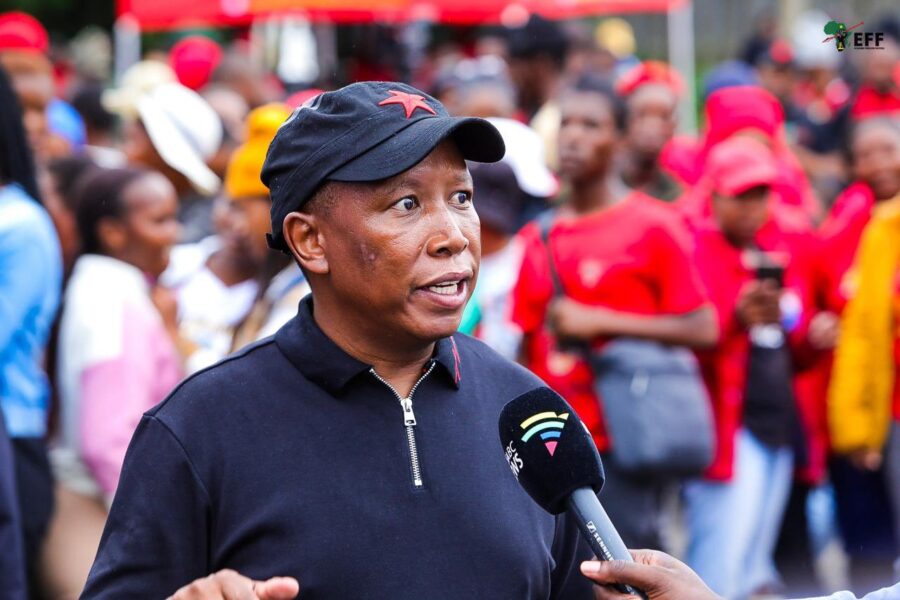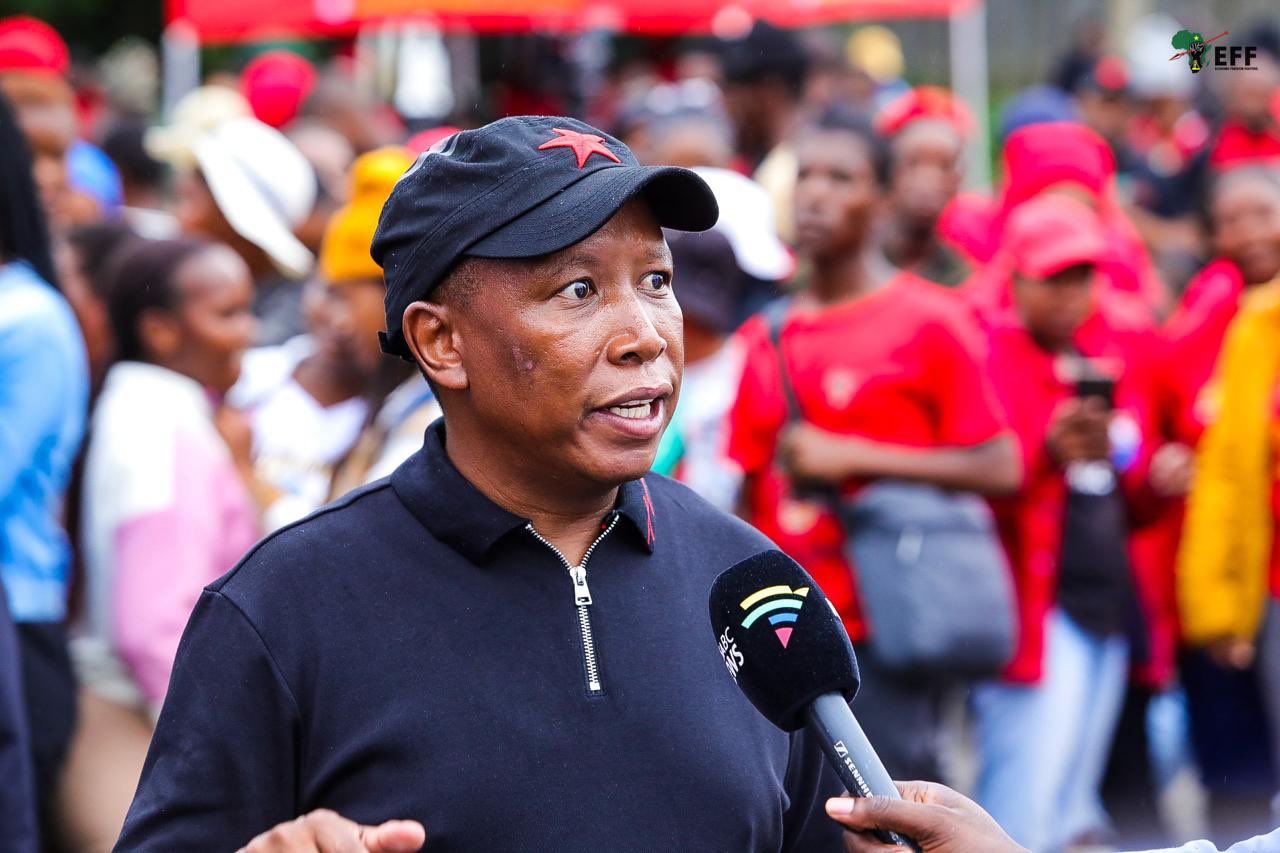
QUESTION: How many votes has the EFF received since 2014?
Julius Malema’s EFF are hopeful that more South Africans than ever before will vote for the party in the upcoming election.

Julius Malema’s Economic Freedom Fighters (EFF) are hopeful that more South Africans than ever before will vote for the party in the upcoming election.
As reported by The South African website, the EFF is counting on increased support across the country’s nine provinces.
PUBLIC HOLIDAY
The EFF as we know the party today, first contested the 2014 elections, during which the party obtained 1 169 259 votes in total (6.35%).
Five years later in 2019, the EFF received 1 882 480 (10.8%) of the valid votes cast.
What happens in 2024 remains to be seen …
The seventh general elections since 1994 will take place on Wednesday, 29 May.
The date has been declared a public holiday.
The 1994 election remains the highest in terms of total valid votes cast with 19 533 498.
However, that record may fall later this month, as, according to the official IEC website, 27 723 820 voters in South Africa are eligible to mark their ‘X’ in this year’s national and provincial elections.
Whether a new record is set or not, what is without debate is that that number represents the highest total since the dawn of democracy in the country 30 years ago.
EFF VOTES RECEIVED IN EVERY ELECTION TO DATE
| Year | Total votes | EFF votes | % |
| 2014 | 18 402 497 | 1 169 259 | 6.35% |
| 2019 | 17 437 379 | 1 882 480 | 10.80% |
| 2024 | ? | ? | ? |
Meanwhile, it’s important to note that only those who are on the voters roll certified by the IEC will be able to vote on 29 May.
“It is impossible to vote in that election if you have not applied for registration before [the close of the voters roll],” confirmed the IEC.
In 2024, the provincial breakdown of the registered voters indicates that Gauteng (23.6%) remains as the biggest voting block, followed by KwaZulu-Natal (20.7%) and the Eastern Cape (12.41%).
| Rank | Province | Voters | % |
| 1 | Gauteng | 6 542 033 | 23.6% |
| 2 | KwaZulu-Natal | 5 738 272 | 20.7% |
| 3 | Eastern Cape | 3 439 325 | 12.41% |
| 4 | Western Cape | 3 317 102 | 11.96% |
| 5 | Limpopo | 2 779 668 | 10.03% |
| 6 | Mpumalanga | 2 025 074 | 7.3% |
| 7 | North West | 1 768 580 | 6.38% |
| 8 | Free State | 1 456 935 | 5.26% |
| 9 | Northern Cape | 656 831 | 2.37% |
| TOTAL | 27 723 820 | 100% |
There has been a marked increase in the rate of representation by persons in the age group 18-39 years.
This age band accounts for 42% – or 11.7 million – voters on the voters’ roll.
Interestingly, the trend of there being more females on the voters’ roll continues.
Of the 27.79 million voters, 15 million are females. This represents over 55%.
Since the voters’ roll was compiled for the first time ahead of the 1999 national and provincial elections, it (the voters’ roll) has shown steady growth of over 35% and contains the highest number of registered voters, recording an increase of 9.6 million voters since the 1999 general elections.
The table below illustrates the rate of growth on the voters’ roll for successive elections:
| Elections | Voters |
| 1999 | 18.17 million |
| 2004 | 20.67 million |
| 2009 | 23.18 million |
| 2014 | 25.39 million |
| 2019 | 26.76 million |
| 2024 | 27.79 million |
